-
 23 Sept 2025
23 Sept 2025Media Round-Up: Blood Cancer in the Headlines
-
 16 Sept 2025
16 Sept 20252025 Annual Impact Report
-
 01 Sept 2025
01 Sept 2025Lifeblood | Issue 64 | September 2025
-
 19 Aug 2025
19 Aug 2025Introducing our Westfield Local Hero!
-
 01 Aug 2025
01 Aug 2025Nationwide Blood Cancer Support Boosted by Pub Charity Limited
-
 12 Jun 2025
12 Jun 2025Healing after treatment
-
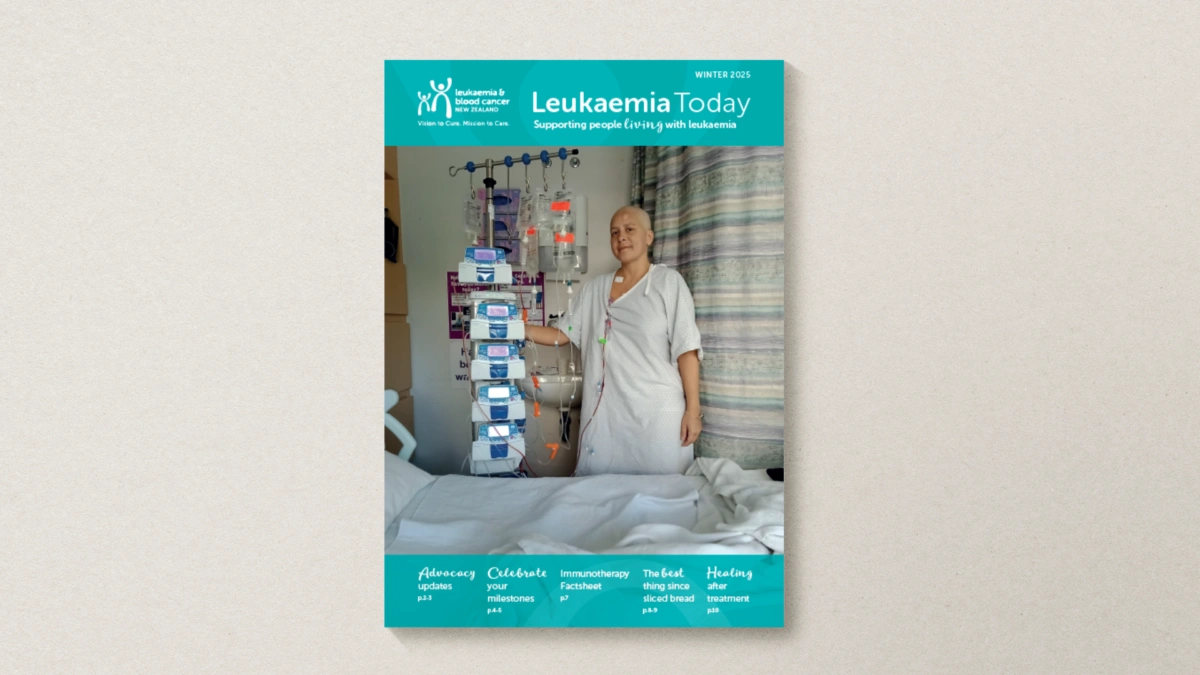 12 Jun 2025
12 Jun 2025Leukaemia Today | Winter 2025
-
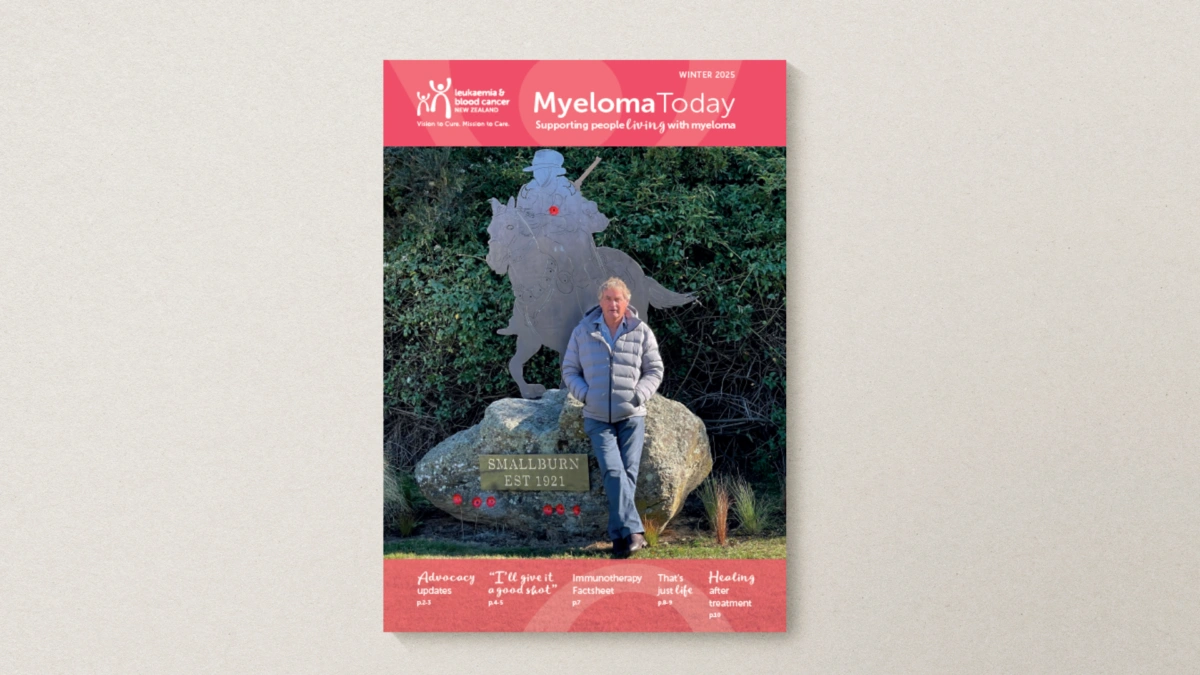 12 Jun 2025
12 Jun 2025Myeloma Today | Winter 2025
-
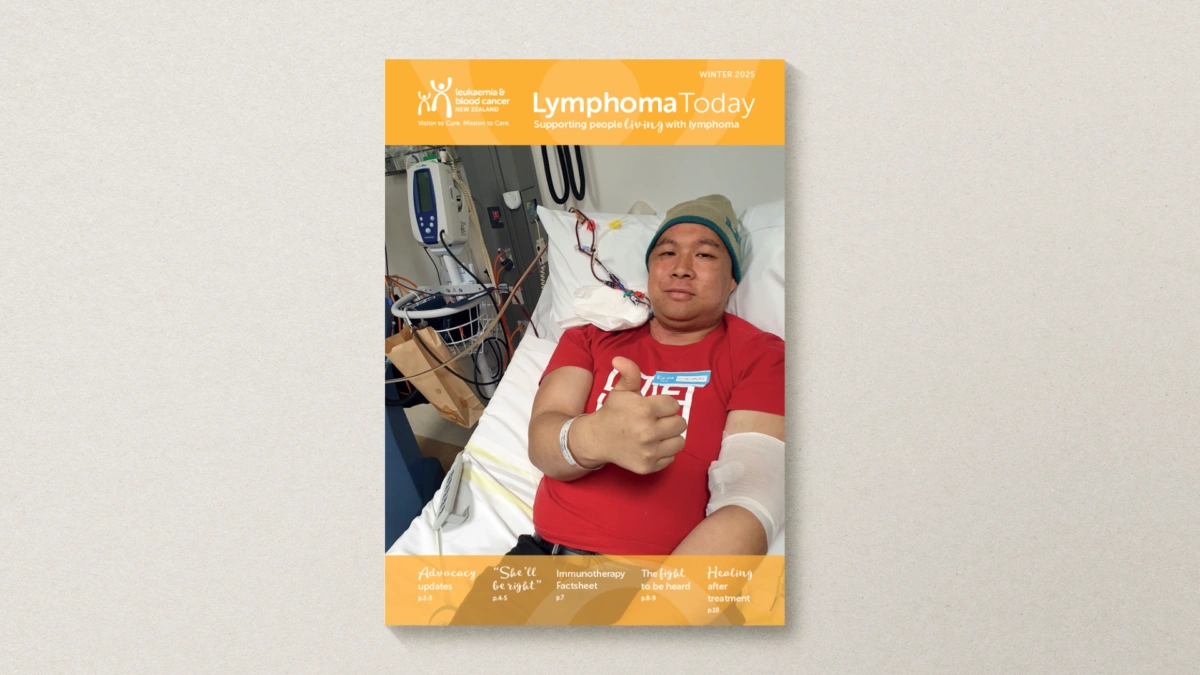 12 Jun 2025
12 Jun 2025Lymphoma Today | Winter 2025
-
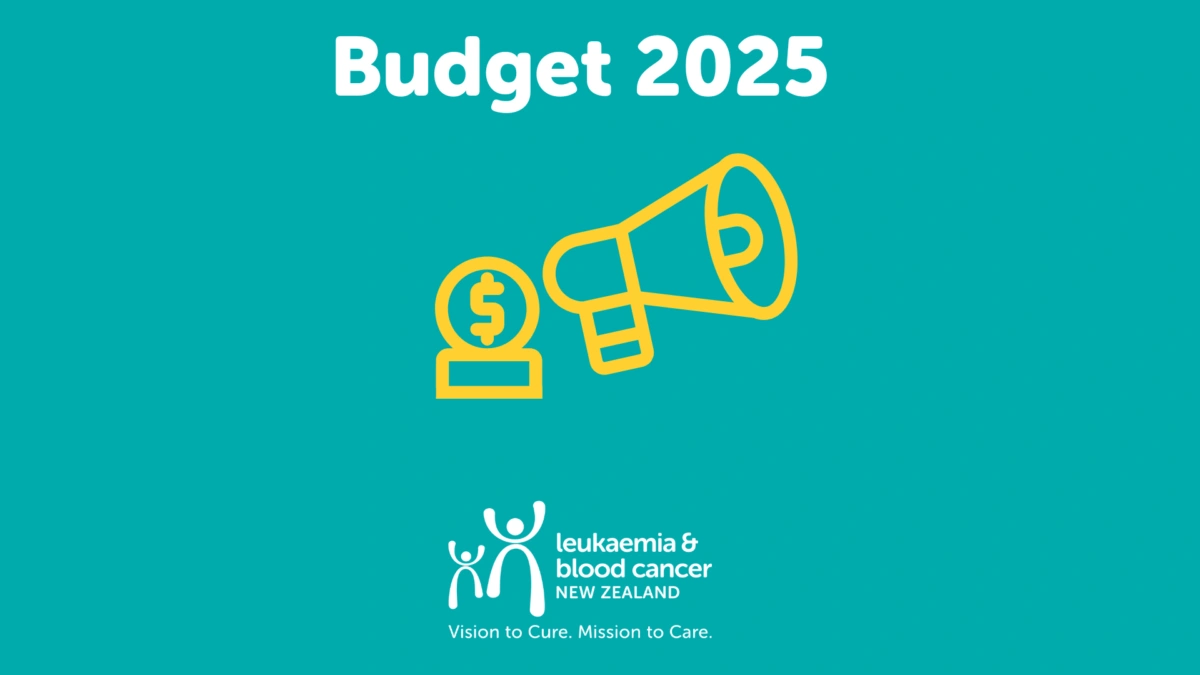 22 May 2025
22 May 2025Government Budget Leaves Blood Cancer Patients Behind
-
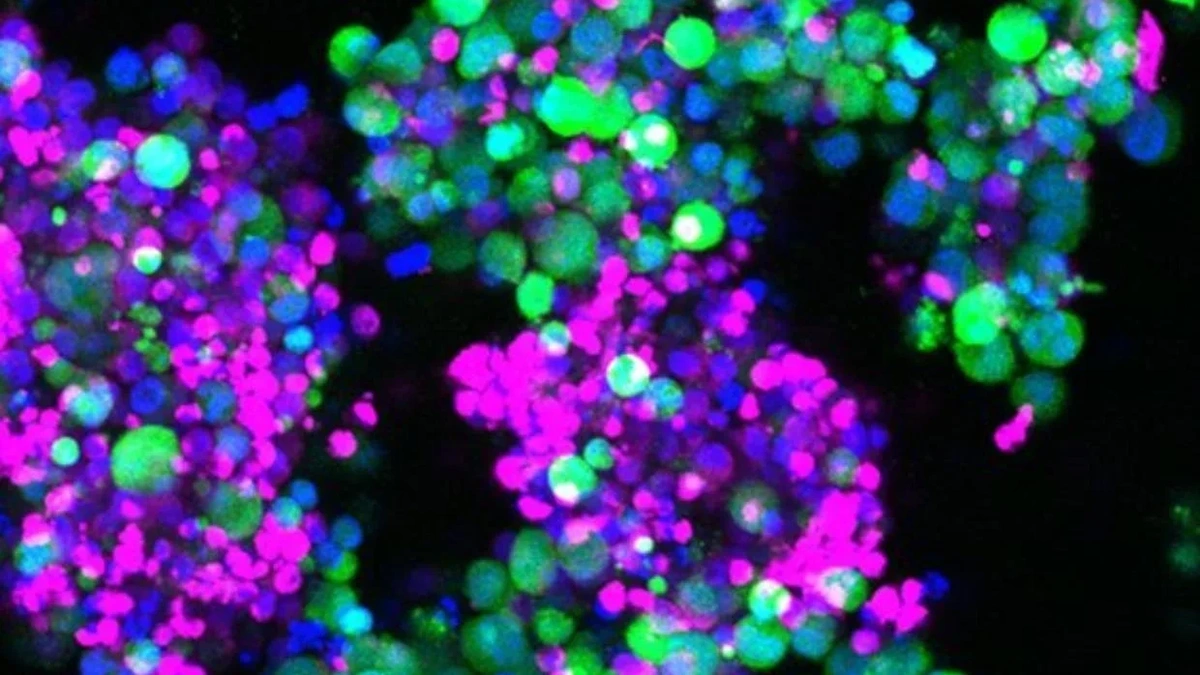 13 May 2025
13 May 2025The future of cutting-edge treatment
-
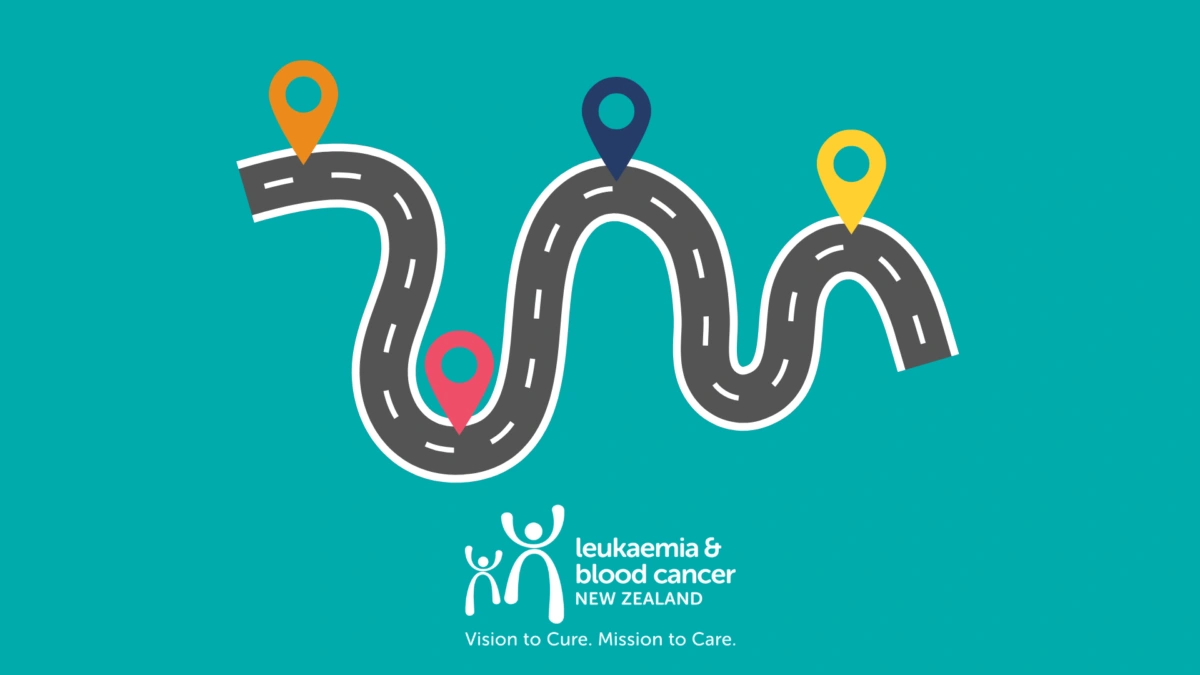 24 Apr 2025
24 Apr 2025State of the Nation
-
 24 Apr 2025
24 Apr 2025Lifeblood | Issue 63 | April 2025
-
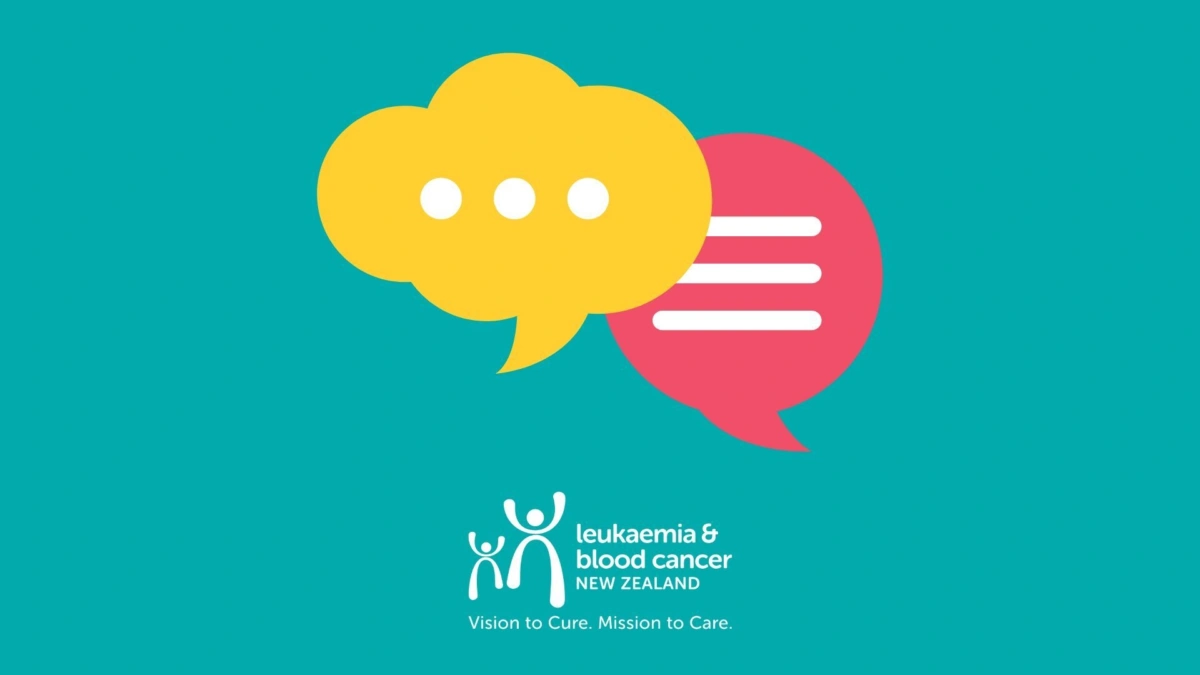 21 Apr 2025
21 Apr 2025Specialist’s plea for blood cancer drug funding
-
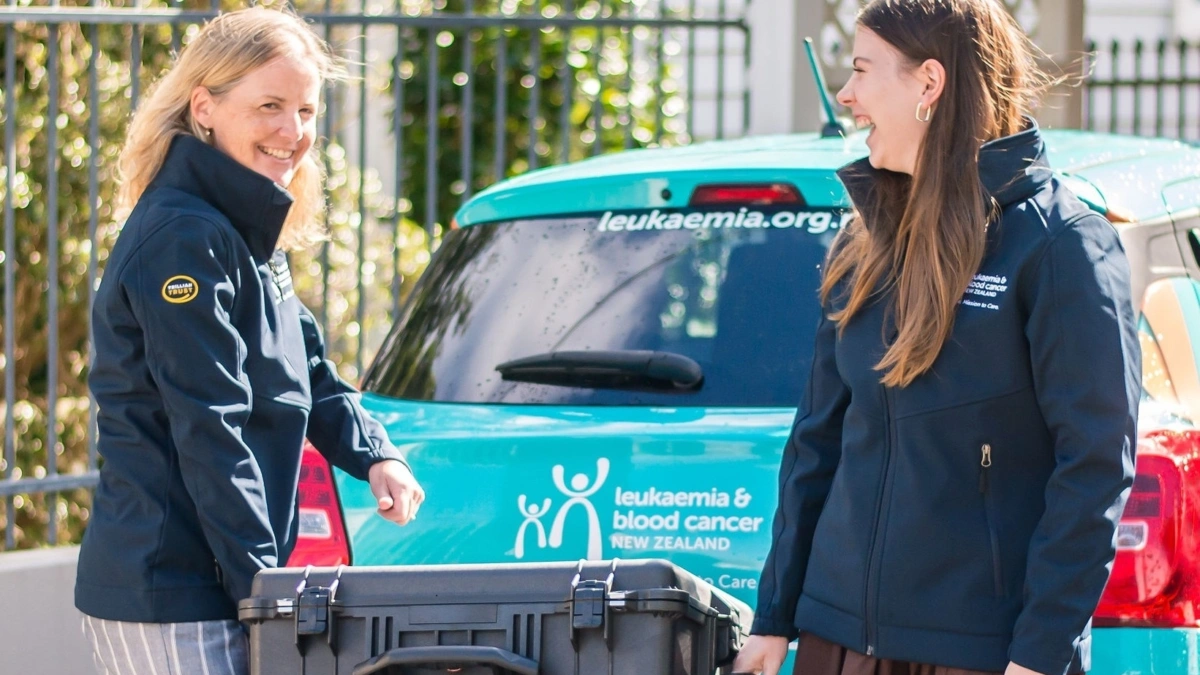 20 Apr 2025
20 Apr 2025New Jackets for LBC Staff
-
 31 Jan 2025
31 Jan 20252024 Annual Impact Report
-
 17 Jan 2025
17 Jan 2025Latest Proposal from Pharmac, consultations open